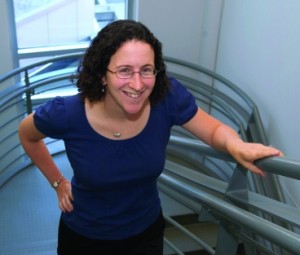To get down to it, this
course was truly a breath of fresh air. Up until this point in my economics
career at the U of I, many of the core courses- while rich in theory- had not
necessarily tapped into economics on a scale of reality in tune with 20-something
college students. Your personal insight into your experiences in
management offer no only fascinating but tangible examples of organizational
economics in action. The marriage of theory and
"teaching-by-experience" was rather enlightening. In addition
blogging about concepts in organizational economics as it applied in our own experiences
was an approach to economics I had never considered. Understanding and applying
moral hazard, triangular principal-agent relationship, and reputation in the
context of my own life has been a miniature introspective journey,
and has taught me to consider economics in an entirely different light.
One particularly challenging aspect of the course was the
use of insurance models. This has been my first exposure to insurance models in
general, as well as in to context of adverse selection and screening. It was
definitely a grind pushing through the excel homework and come test time, my
ability to apply insurance concepts in an alternative format proved fatal. In
the future, more step by step modeling of insurance would be incredibly helpful
as well as exposure to models such as this in different formats that a student
may encounter on an exam.
Although on a more triumphant note, this course has
exposed me to a wealth of economic models, such as insurance that I had yet to
work through and understand. It has been
a slow and arduous process, trying to fully wrap my mind around the
mathematical models and to have the ability to describe their implications, but
I have strengthened those skills immensely since day one- and that is progress
worthy of noting. For posterity may be to their advantage to provide a
breakdown of models; for example, as in the bargaining model, to have a chart
of sample scenarios and their possible outcomes to enable students to better
understand mechanism in which buyers would be better off to lie or report
truthfully.
This class has definitely been one of the most unique,
structurally speaking, but this is all for the better. Your approach to
instruction is remarkable, and without a doubt created an open and welcoming
atmosphere in the classroom, this you should never lose. I find that your
teaching persona truly reflects your respect for students as well as sets a
standard of performance for the class that is really based on individual effort
and performance. Mirroring organization models discussed in the course, the
lasting benefits a student will derive from this course comes from their
individual effort and their dedication to participate, complete assignments and
engage themselves fully- and isn’t this how the real world works?
